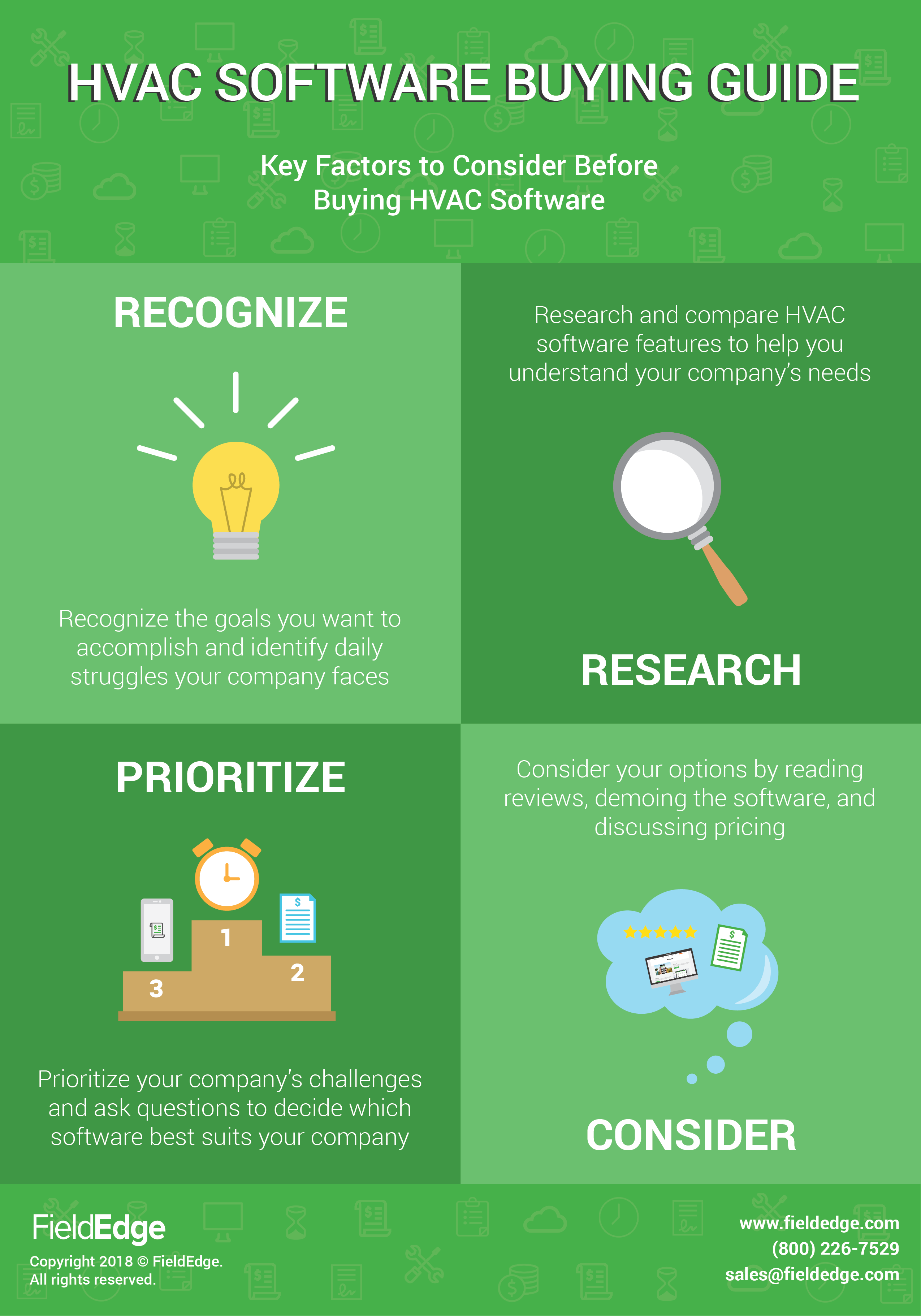The Future Of Home Home Heating - Just How Heatpump Technology Is Developing
The Future Of Home Home Heating - Just How Heatpump Technology Is Developing
Blog Article
Web Content Composed By-Marshall MacGregor
Heatpump will be a crucial modern technology for decarbonising heating. In a circumstance consistent with federal governments' revealed energy and climate commitments, their international capacity increases by 2030, while their share in home heating rises to one-quarter.
They work best in well-insulated homes and rely upon power, which can be provided from a sustainable power grid. Technological breakthroughs are making them more efficient, smarter and more affordable.
Gas Cells
Heatpump use a compressor, refrigerant, coils and followers to relocate the air and heat in homes and appliances. They can be powered by solar energy or electricity from the grid. They have been obtaining popularity because of their low cost, peaceful operation and the ability to create electricity throughout peak power need.
Some companies, like IdaTech and BG MicroGen, are dealing with gas cells for home heating. https://observer-reporter.com/news/localnews/air-conditioning-a-hot-commodity-this-summer/article_ba3ba306-f194-11ec-8423-9f31ae4bca26.html can replace a gas boiler and create several of a house's electrical needs with a connection to the electrical energy grid for the remainder.
But there are reasons to be skeptical of using hydrogen for home heating, Rosenow states. It would be expensive and ineffective contrasted to various other innovations, and it would contribute to carbon exhausts.
Smart and Connected Technologies
Smart home modern technology enables home owners to connect and manage their gadgets remotely with making use of smart device applications. For instance, wise thermostats can learn your heating preferences and immediately adjust to enhance power consumption. Smart lighting systems can be regulated with voice commands and immediately switch off lights when you leave the room, decreasing energy waste. And wise plugs can keep track of and manage your electric usage, allowing you to determine and restrict energy-hungry appliances.
The tech-savvy family illustrated in Carina's interview is a good picture of just how occupants reconfigure area heating practices in the light of new wise home innovations. They depend on the devices' computerized features to carry out everyday modifications and concern them as a convenient ways of performing their home heating techniques. Therefore, they see no factor to adapt their methods additionally in order to enable adaptability in their home energy need, and treatments focusing on doing so may deal with resistance from these families.
Electrical power
Since heating homes represent 13% people exhausts, a button to cleaner alternatives might make a large distinction. But the technology encounters difficulties: It's costly and needs substantial home renovations. And https://cost-to-add-central-air-t66555.blogdun.com/29883216/are-heat-pumps-the-most-reliable-cooling-and-heating-remedy-for-your-home-a-relative-analysis 's not constantly compatible with renewable energy sources, such as solar and wind.
Till just recently, electrical heat pumps were as well costly to compete with gas designs in the majority of markets. However brand-new innovations in style and products are making them much more budget-friendly. And better cool climate performance is enabling them to operate well also in subzero temperature levels.
The following step in decarbonising heating may be the use of heat networks, which draw heat from a main resource, such as a neighboring river or sea inlet, and disperse it to a network of homes or buildings. That would certainly reduce carbon emissions and allow families to make use of renewable resource, such as eco-friendly electrical energy from a grid provided by renewables. This option would be less expensive than switching over to hydrogen, a fossil fuel that requires brand-new facilities and would just decrease carbon dioxide exhausts by 5 percent if coupled with improved home insulation.
Renewable resource
As power rates go down, we're beginning to see the very same trend in home heating that has actually driven electrical cars into the mainstream-- yet at an even quicker rate. The strong climate instance for impressive homes has been pushed further by new research study.
Renewables make up a substantial share of contemporary warm consumption, yet have been offered minimal plan attention globally compared to other end-use fields-- and also less attention than electrical energy has. Partially, this reflects a mix of customer inertia, divided rewards and, in lots of nations, aids for nonrenewable fuel sources.
New innovations could make the shift less complicated. As an example, heat pumps can be made a lot more energy efficient by changing old R-22 refrigerants with new ones that do not have the high GWPs of their predecessors. Some specialists also envision district systems that attract heat from a close-by river or sea inlet, like a Norwegian fjord. The cozy water can after that be made use of for cooling and heating in an area.